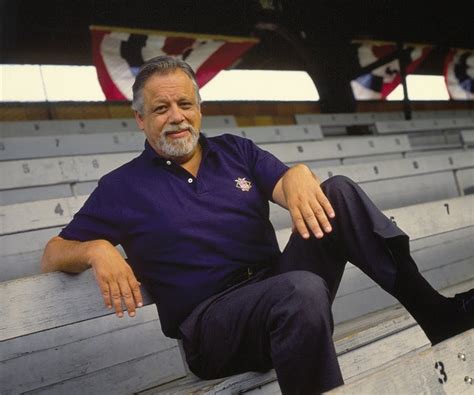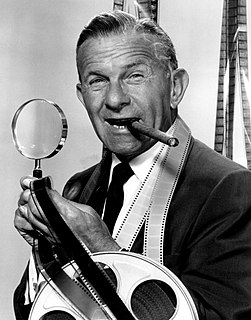A Quote by A. Bartlett Giamatti
To go from Yale to the National League is simply to go from one form of management to another.
Related Quotes
Everyone praises Harvard 'for the students.' But what makes Harvard's students so great is that they are, in many ways, a cross-section of the larger world. They are normal people who happen to be excellent, and this sets them apart. People who go to Yale go because they want to attend Yale. People who go to Harvard go because they can.
I wanted to get out of Ashland, and I thought it would be pretty cool to go to school in the East. So I asked my guidance counselor what Ivy League schools were. And I applied to Harvard, Yale and Dartmouth - that was it. My guidance counselor told me I wouldn't get into an Ivy League school. So as my act of resistance, that's all I applied to.
In the age of activism that is clearly not going away, it would seem that some form of engagement from directors with shareholders - rather than directors simply taking their cues from management - would go a long way toward helping boards work on behalf of all shareholders rather just the most vocal.
When I went to Yale, I thought it would be like in Stenford 24 hours a day. Robert Brustein, former dean of the Yale School of Drama and founder of the Yale Repertory Theater was there, and we did all this very serious - I would go so far as to say completely humorless - Eastern European drama, as well as August Strindberg, and Henrik Ibsen, we weren't allowed to do William Shakespeare or Tennessee Williams or Eugene O'Neill. I was not in the right place.
One thing is to know how to do things and another is to make it simple and accessible to others. This is the challenge for the big players when they go into management. To do that, you have to learn and study very hard. I have read football management books, analysed myself and the way other people learn and understand things.
But before Derby go, would they mind telling the rest of the Premier League - the league which it has debased with its pathetically-inadequate presence for the past 12 months - where the money has gone? You know, the £30m or so in prize money that every team, even the one at the bottom of the table from August to May, automatically receives by being in the Premier League... So what happened to that money? Or put another way, why was such a meaningless fraction of it spent on recruiting new players? It's one thing not to compete; it's quite another not to even attempt to do so.
When people say "Let it go," what they really mean is "Get over it," and that's not a helpful thing to say. It's not a matter of letting go - you would if you could. Instead of "Let it go," we should probably say "Let it be"; this recognizes that the mind won't let go and the problem may not go away, and it allows you to form a healthier relationship with what's bothering you.



































